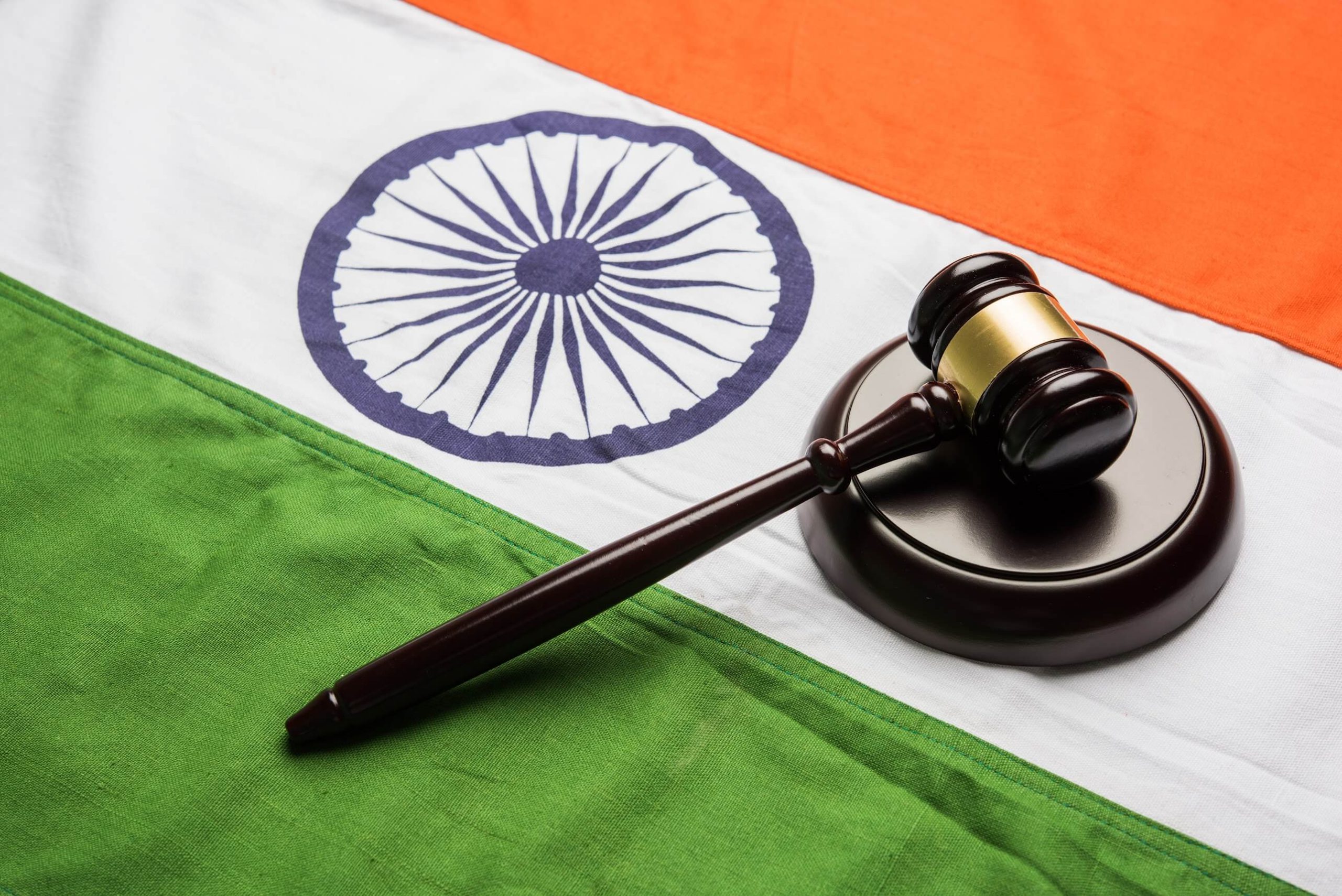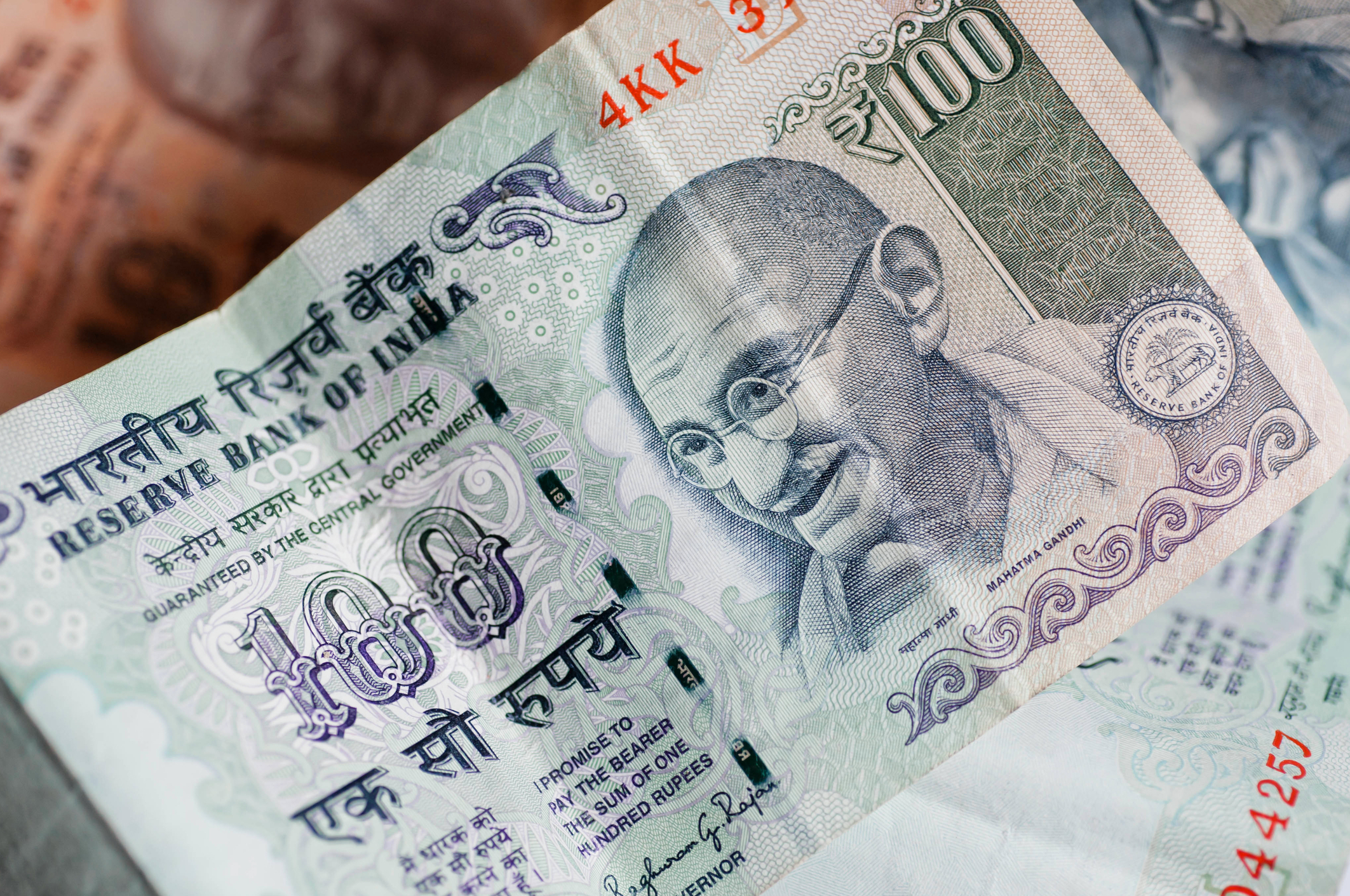Parties must present evidence of governing law to prevent the default application of Indian law
TransAsia Private Limited v Gaurav Dhawan is a significant case as it sheds light on the approach of Indian courts towards determining the governing law of a dispute in international civil and commercial matters.








